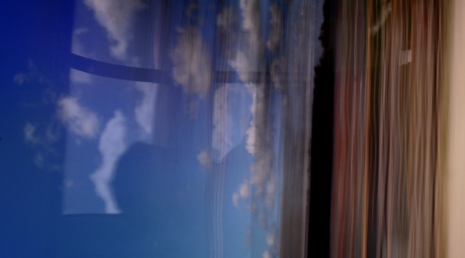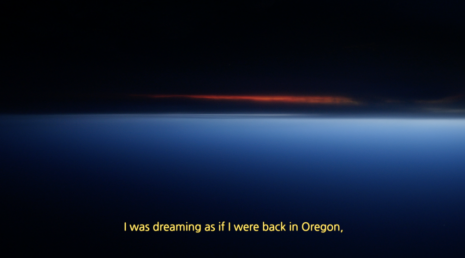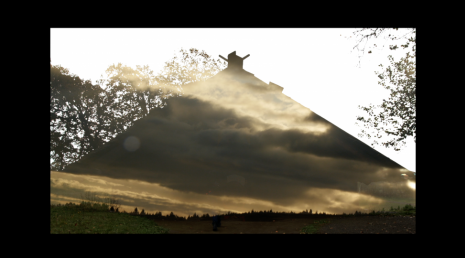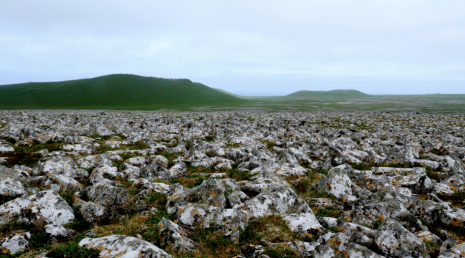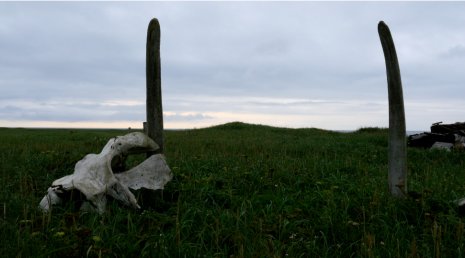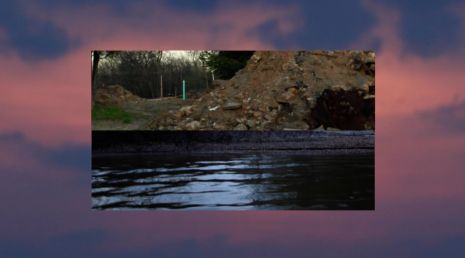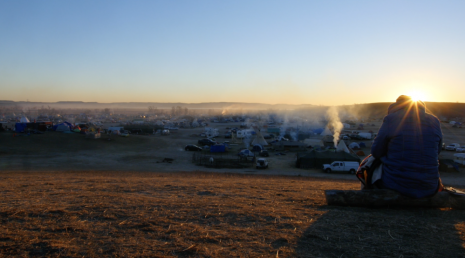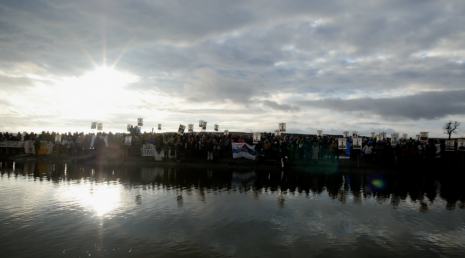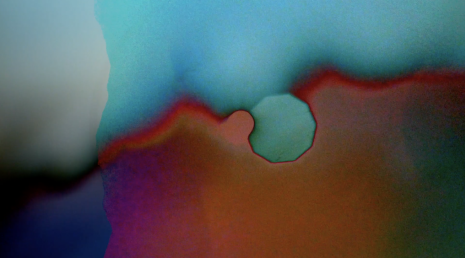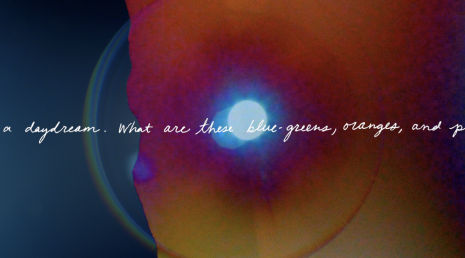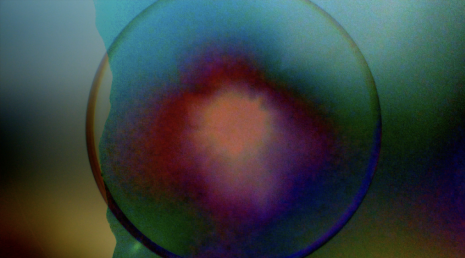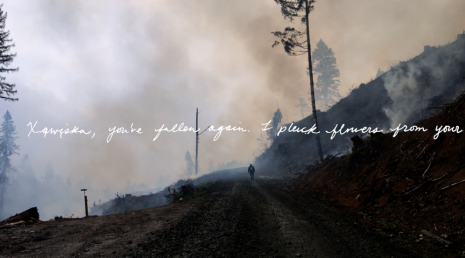Chapter One
This conversation between Sky Hopinka and curator and filmmaker Roya Rastegar, a member of the 2020 Herb Alpert Award Film/Video panel, took place online, between March 10th and April 27th. It is, infused, as you will read, (and might expect), with the world.
– Irene Borger, editor and director, Herb Alpert Award in the Arts
Hi Roya and Irene,
I apologize for the lateness in responding, I was on the road from last Tuesday bouncing between Milwaukee, Minneapolis and finally Chicago and got to Vancouver on Sunday, and as you know everything has been getting more and more locked down. I'm still in Vancouver, BC now, trying to finish out the semester and just found out today that I'm stuck here for the time being. But with this free time I've been trying to get settled in for the long haul. I was just going through my emails today and getting caught up on everything, and have been thinking about Roya's question.
For me, how I look at the land and how I think about the landscape is passed through a number of filters. The first and most immediate is that of the homeland, of creation stories, presence, and of removal of Indigenous Peoples. The next is through boundaries and borders, roads and infrastructure, and how those concepts – both imagined and real – locate me in the position of being traveler and a resident of those non-spaces. Next, thinking further through those non-spaces I try to recognize communities that have been created via many different diasporas, how land can be transient, it can be permanent, it can be a reflection of where we are and when we are, and how we will never be again. Filming or photographing these places is never about "capturing" an essence of them, but rather commemorating an experience that is both linear and circular and how the scapes are always full of movement and emotion, especially when you're in them with your friends. Even when I'm in the process of shooting, I may not be thinking about those things but I know that the times I've sat with those thoughts inform the way I move through those spaces and how and where I point my camera.
Hi Roya,
I am thinking of space and movement differently, as well as connectivity to people. I tend to think of all of my work being about people, in some form or another. Whether it's a single person or an entire community, or whether they're present or absent, those spaces and the movements between them are human-centric, and what gives a position to think about the land and how we move in and around it. Being confined and everyone else being confined, provides a certain unity that can't be overlooked. I feel like I've talked to more people more regularly on zoom or house party than I have before. Friends that I would go weeks between conversations or text every now and then, we now find ourselves talking everyday or every few days. That's another sort of movement, and another sort of space to occupy. With my short film on Standing Rock, Dislocation Blues, I was trying to present, or represent, the online aspect of presence and its relationship to reality. Is bearing witness a form of presence? To see what is happening a thousand miles away and hear someone’s voice and see their face on a screen and to be seen and heard by them – is that enough?
I've been thinking about a trip that I have to make across the country this summer, how is it going to happen and will it happen? Who could I see and who could I not see? I hope to see my family in Wisconsin, and in Washington State. They seem fine and isolated. If I don't see them, then that'll be ok. Self-isolation and self-quarantine are choices. They're choices we have to make for ourselves and mostly for everyone around us. Sometimes the simplicity of that thought helps me feel a sense of agency in this lonely and chaotic moment.
In relation to my other work around death and birth and reincarnation, Fainting Spells was a video that was about the abstract realms that those ideas can occupy. Where every faint and revival in the film is a sort of death and birth, coming around to some sort of change whether it's entirely interior or not. The scrolling text is a technique I first encountered in James Benning's American Dreams Lost and Found and immediately saw the power of its usage. The main thing being the inability to keep up, or this stress to keep up with reading what is scrolling across the screen. I know that it's stressful, and I know that it's impossible to read both bottom and top text in the second section of the film, and my hope is that there will be a relief when the attempt to keep up is abandoned.
I don't think about text in relation to landscape and sound in one distinct way, apart from the obvious horizontal aspect of words and their relationship to sound, each piece and film is an opportunity for other relationships to develop between these elements.


